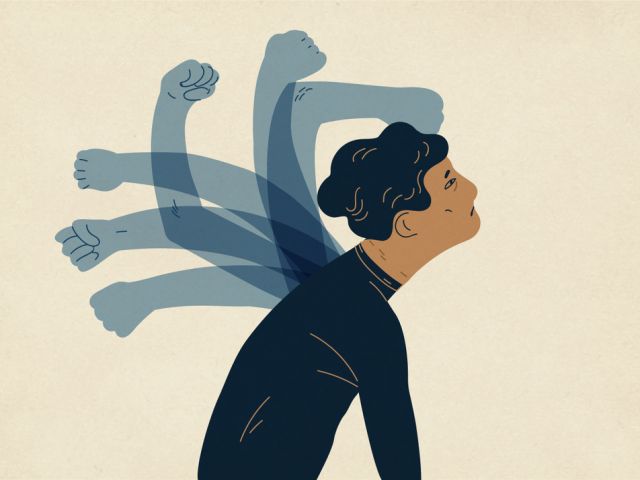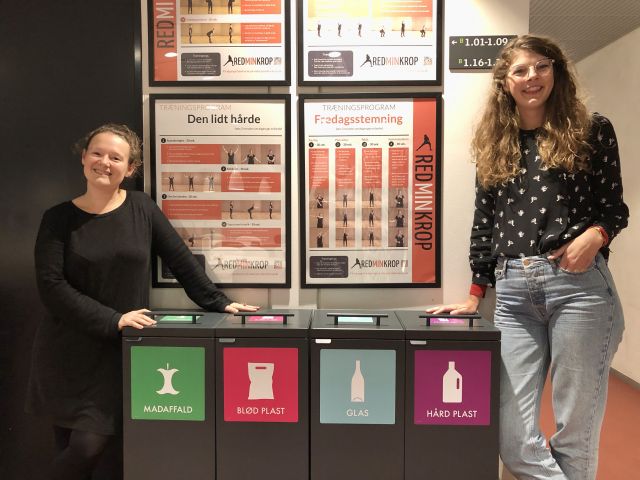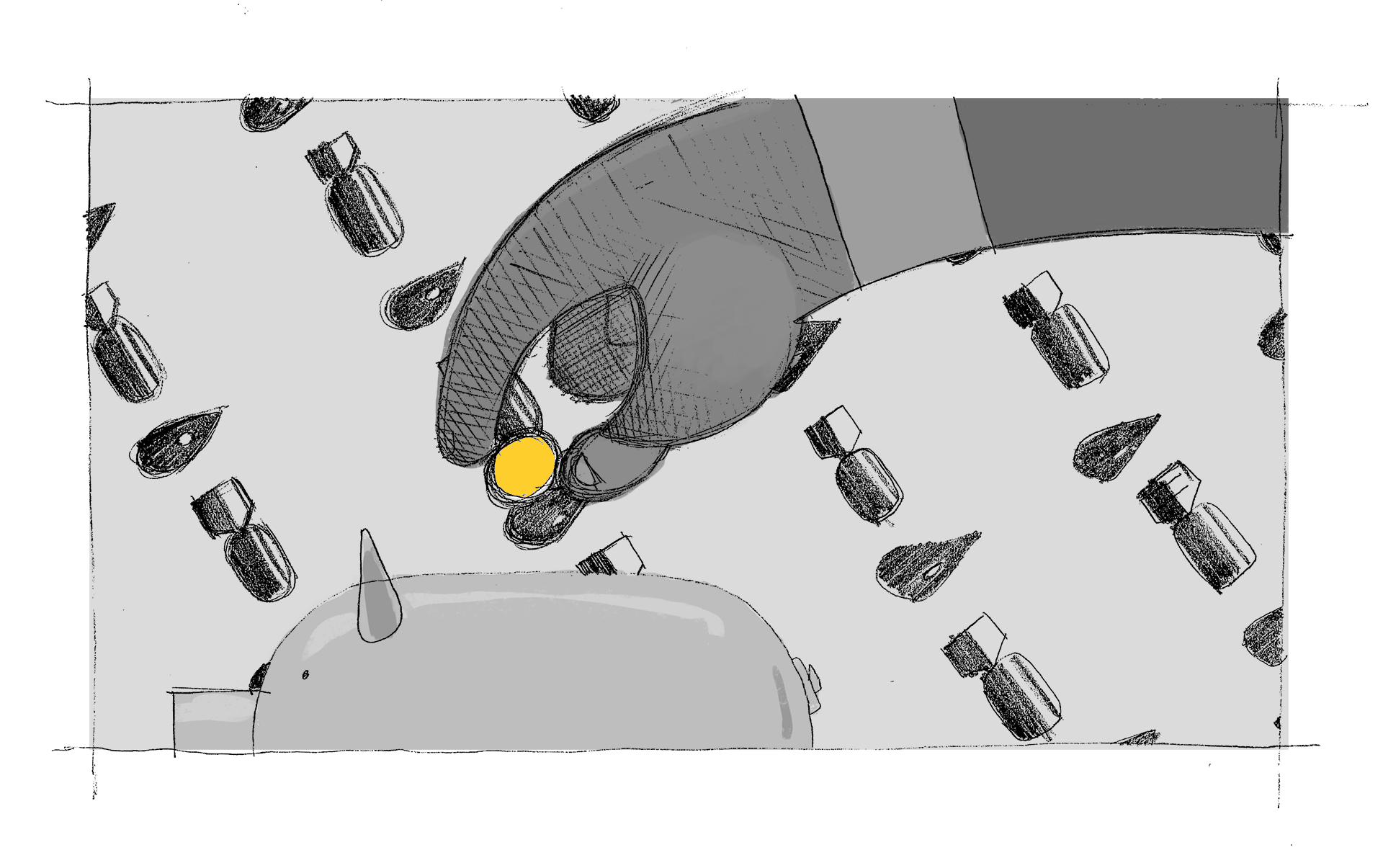Universities Denmark is firing up for a cross-university initiative to reduce the Danish universities’ CO2 emissions

(Illustration: Shutterstock)
The university directors of the eight Danish universities are joining forces to share best practices and discuss potential joint initiatives, including reducing greenhouse gas emissions on campus. The University Director of CBS believes the collaboration will accelerate change.
The eight Danish universities are running individual initiatives and have plans for identifying how to reduce greenhouse gas emissions and generally manage campuses more sustainably.
For example, the University of Copenhagen has had its own framework for reducing CO2 emissions and goals for waste sorting for years, while CBS recently began drawing up a sustainability action plan
But now, the university directors of the eight Danish universities are joining forces through the Universities Denmark organization to share best practices on how to become more sustainable and find common, cross-university solutions, explains Jesper Langergaard, Director of Universities Denmark.
“I believe sharing ideas and solutions can really push the university sector in a greener direction, and we will explore this with the university directors in the months ahead. Our aim is for others to see the Danish universities as leaders of a green league,” he says.
Jesper Olesen, University Director of the University of Copenhagen and chairperson of the newly established task force, is confident that working together will bring many benefits.
“Becoming more sustainable isn’t a competition between the eight of us. Instead, we should learn from each other. There’s no need for other universities to make the same mistakes we did, and we can share best practices, so that no one has to reinvent the wheel,” he says and continues:
“I’m also sure that we are struggling with the same challenges, and we must investigate overlaps further. For example, which benchmark figures are best when setting goals, and what are the best and most efficient parameters to investigate. I think collaborating in these areas will be very beneficial.”

Kirsten Winther Jørgensen, the University Director of CBS, is also looking forward to the cross-university collaboration. She believes that working together will speed up progress.
“At CBS, we are really excited that the sustainability collaboration between the eight universities is being strengthened. It’s an important agenda, and by working together, we can move forward faster by sharing experiences, for example, and together develop common standards for measuring progress,” she says.
Politicians might also be involved in the work
Jesper Olesen explains that the task force, which has representatives from four of the eight Danish universities – the University of Southern Denmark, University of Copenhagen, IT University and Aalborg University – but covers all the universities, will also want to consider whether legal barriers are preventing the universities from becoming more sustainable.
“Travel and purchasing policies could be interesting areas to explore. For example, we currently have to choose the cheapest options when traveling, but that might not coincide with a sustainable agenda. So, we must identify potential legal barriers, and, if necessary, ask the politicians to review them,” he says.
Although Kirsten Winther Jørgensen is not on the task force, her colleagues will draw on knowledge from all the universities.
“At CBS, we have several staff members who are working specifically with sustainability in one way or another, and naturally they will be contributing to the collaboration,” she says.




































































































































Comments